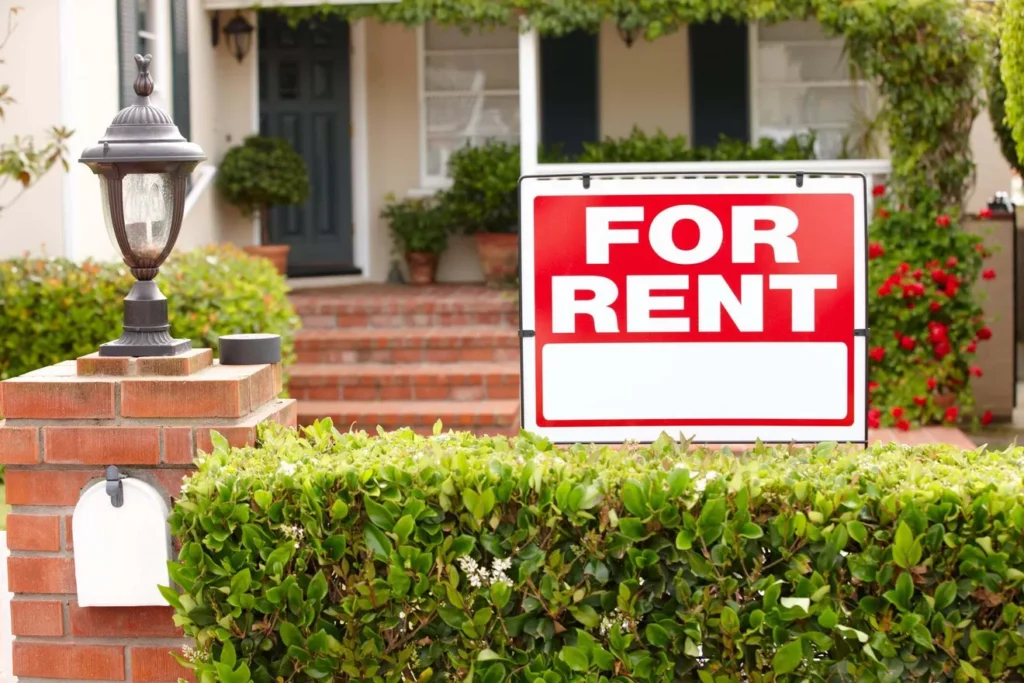Originally published in the Detroit Free Press.
Most know it is illegal to deny a service or housing to someone simply because of their race, disability or religion. But federal laws do not offer the same protections from income discrimination for housing.
This means a retiree on Social Security, a parent who receives child support, a veteran who relies on disability assistance or anyone with a housing voucher can all be denied housing despite having legal, verifiable and consistent income.
Because federal protections only go so far, states have stepped in. Nearly one-third have banned this type of discrimination, with more states passing protections every year. Lawmakers in Lansing have an opportunity to do the same this spring, with several bills before both the state House and state Senate, and we believe they should. With the economic picture as murky as it is, ending this practice can actually help housing providers, too.
There are five bills proposed between chambers by Michigan legislators, all aiming to amend sections of existing laws that govern civil rights and landlord relationships with tenants:
- House Bill 4063 would expand the definition of civil rights to protect source of income
- H.B. 4062 would prevent landlords from publishing ads or other material that discriminates against a particular source of income
- Senate Bill 207 would prohibit income sources as a reason to be blocked from accessing real estate brokers, listings, and related services
- S.B. 205 would ensure full and equal use of rental accomodations regardless of income source
- S.B. 206 would define source of income to include various forms of assistance
Rent for a typical home in the Detroit metro area has increased by nearly 36% over the past five years. This creep in housing costs gets even steeper when you consider wages have not kept pace with rapid increases in inflation and living costs. This greatly heightens the risk of renters falling into homelessness. For exposed households, relying on some sort of alternative income from public assistance is the only way to make ends meet and build for the future.
Housing Choice Vouchers are an important part of this conversation. This federal program serves nearly 5 million people, but it is struggling to meet the growing need, with families waiting years to land a voucher. When they do receive one, they should, in theory, be able to move to any affordable home. In reality, however, their choices are limited because either some housing providers won’t rent to them due to the source of their income or because of administrative challenges of working with these programs.

Studies have found that communities without source-of-income protections are far more likely to turn away voucher holders, while the cities and states with income protections help people remain housed. This legislation in Lansing, combined with expansion and improvements of the federal program, could be a game changer for struggling families across Michigan.
It’s not just tenants who stand to gain. Housing providers also win.
Consider this: Voucher holders are prescreened in order to qualify. Landlords can terminate a lease for good cause even if the tenant relies on alternative sources of income, just like any other tenant. And, these benefits come directly from government resources, offering consistent monthly payments — all positives that can help housing providers’ balance sheets as recession and fears of job loss linger.
Landlords are understandably cautious about participating in these programs because of the red tape and uncertainties involved. Lawmakers should find ways to beef up housing provider education and outreach, streamline programs so that landlords feel more confident navigating these systems successfully, and improve administrative and payment methods for housing providers. If we take these steps, we will help landlords unlock more of the rental market and provide safe housing to more people.
April is Fair Housing Month. These bills put our money where our mouth is, representing a good first step in helping both tenants and landlords, and we encourage lawmakers to support this package of pro-housing bills this spring. We applaud Sens. Mary Cavanagh, Rosemary Bayer and Jeff Irwin, and Reps. Jennifer Conlin and Jason Morgan for advancing this effort to remove barriers to housing by ensuring Michigan tenants are protected from income discrimination.
Nancy Haynes is the executive director of the Fair Housing Center of West Michigan. Jennifer Butler is the senior director for government and community relations at Zillow .